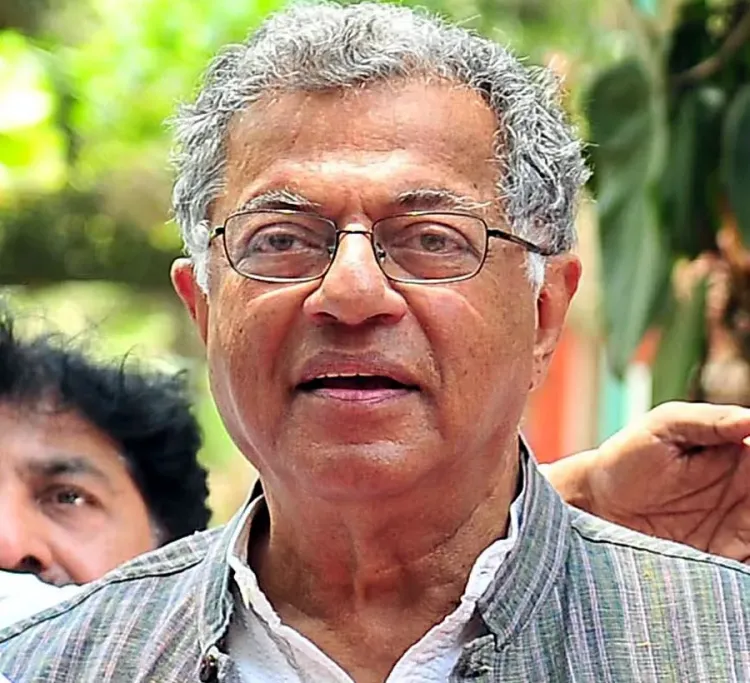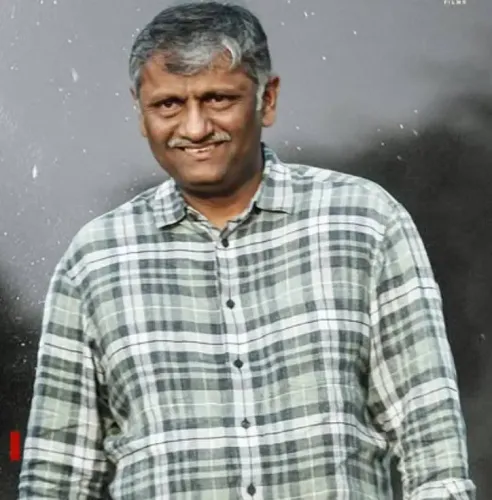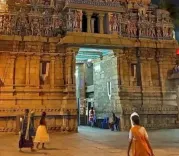How Did Girish Karnad Say Mathematics Influenced His Theatre Craft?

Synopsis
Key Takeaways
- Girish Karnad emphasized the role of mathematics in shaping narratives.
- He preferred using myths and folktales for their familiarity and communal resonance.
- Karnad's contributions marked a significant evolution in modern Indian playwriting.
- He was awarded the prestigious Jnanpith Award in 1998.
- His insights highlight the intersection of art and science.
Mumbai, May 19 (NationPress) The esteemed actor Girish Karnad, renowned for his role in the Salman Khan film Ek Tha Tiger, once elaborated on how his foundation in mathematics significantly aided him in crafting theatre productions.
An archival clip of the actor, circulated by the Indian public broadcaster Prasar Bharati, features him discussing the intricate relationship between art and science.
In the video, he expressed, “I find it very challenging to incorporate elements into a play; I require a degree of separation from them to give them structure. This is where my mathematical training proved invaluable. It allows me to mold it into a shape and a form, providing a formal appearance. The myths and folktales are more manageable for me than raw, immediate experiences. Additionally, utilizing these narratives enables connection since audiences are already familiar with these stories, fostering a sense of community in India that shares these traditions.”
He continued, stating, “Thus, you can selectively draw from what resonates with you, assume much, and delve deeper. Unlike a novel, a play must conclude within a two to two-and-a-half-hour timeframe.”
Girish Karnad primarily contributed to films in Kannada, Hindi, Tamil, Telugu, Malayalam, and Marathi. His emergence as a playwright in the 1960s heralded a significant evolution in modern Indian playwriting in Kannada, paralleling the contributions of Badal Sarkar in Bengali, Vijay Tendulkar in Marathi, and Mohan Rakesh in Hindi. He was honored with the Jnanpith Award in 1998, the pinnacle of literary accolades in India.










